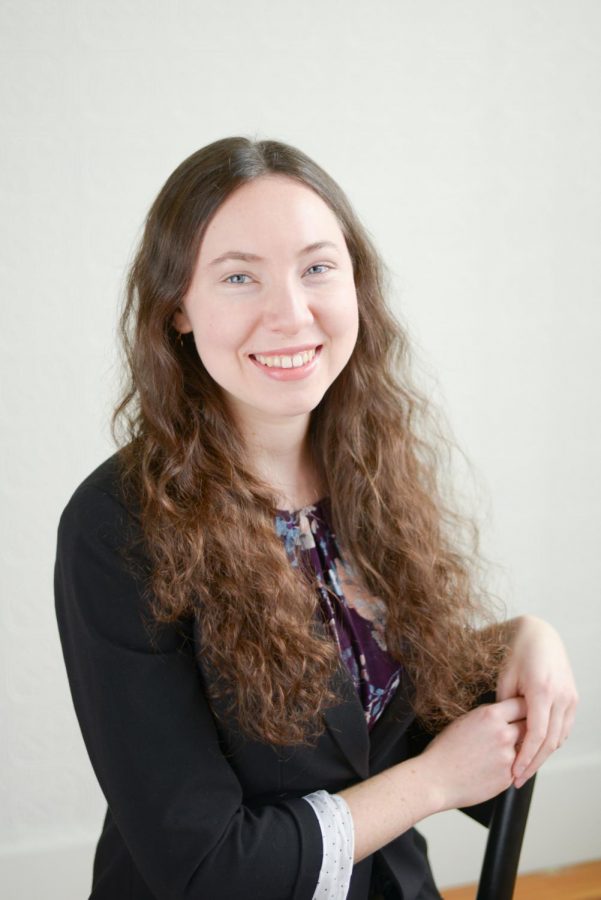I remember coming to my very first—and what I thought, for so long, was my last—Massachusetts Daily Collegian meeting in my first semester of my college. The sheer number of fresh faces packed into a conference room on the basement level of the Campus Center, combined with the apparent self-confidence of the current Collegian members who spoke, left me feeling far too intimidated to write anything amongst others who very clearly knew what they were doing and who knew how to endure critical feedback.
So I opted for something less in the spotlight and therefore “safer,” which was the Collegian’s graphics team. I reasoned that this could be an opportunity to build experience in an area I found interesting. Upon expressing my interest, an email reply that ended with “send me any sort of work samples in photo editing that you have” dashed these plans, as I had no concrete examples. By October of 2016, I had written off the Collegian as one of the many student-run organizations my wide-eyed freshman-self had found interesting and cool. Ultimately, the caliber of experience and seemingly competitive nature of journalism was no match for my quiet, introspective demeanor and the sparse experience I had writing for my small high school newspaper.
Cut to the beginning of my senior year of college, and not only did I feel that I had concrete things I wanted to write about, but I had a greater sense of confidence that I could write them. When I sought out more information at the fall 2019 Activities Expo, feeling somewhat like a grandma amongst the dozens of bubbly freshmen that scurried from booth to booth around me, the sense of excitement tempered my nervousness. I returned to my second Collegian meeting recognizing some of the information from three years prior and was intrigued by new details.
Looking back on it now, I’m grateful that I returned to something I had initially dismissed as “not for me,” as it provided an incredible opportunity to not only build my confidence and grow through discomfort, but learn more about what it means to write.
One of the things I quickly realized was that writing Op-Eds did not look like the clinical academic papers I was so familiar with. Instead, it required a certain level of vulnerability to express myself and discuss ideas with candidness, creativity and even some humor now and then.
The many talented editors I’ve had the pleasure of working with have also showed me what it means to write in conversation with others. I can now see more clearly how writing is a relationship between myself and the authors I cite, my editors, friends and teachers who provide feedback and the readers who understand and interpret what I say as they see fit.
Writing for the Collegian has also been an invaluable opportunity to learn more about journalism, something that seemed so far away from my own major in business. My experience caused me to think more critically about journalism and how, on a broader scale, it seems to privilege the individual with complete confidence in what they have to say, making a clear and neat cut for a counterpoint. But when we dig beneath the surface, how much of our unique lives can be neatly dichotomized into two hot takes? How much about the world’s most complicated and pressing social and political issues can we understand between the bounds of two opposing sides?
Part of the joy and beauty of writing turned out to be the opportunities that lay hidden in taking a moment of my time to think deeply about something, see what others have said about it, and attempt to construct something coherent in between the shades of grey. The topics that I found the richest with possibility and that I felt most excited to write about were always those that were not as clear-cut as they first appeared to be.
Being a part of the Collegian in my final year of college and writing through the stress, joy, excitement, frustration, anger and grief of “normal” that characterized the 2019-20 academic year taught me so much, and I’m glad that I returned. As I graduate into a very uncertain world, I’m grateful to have learned that while rules, guidelines and methods all exist for a reason, there’s no one right way to make sense of the world, no one perfect way to write and no one type of person who writes. There’s also no requirement to approach a topic with your take on it fully formed and fully defendable. When I came to arguments like that, it usually became clear how much I risked overlooking.
It was only when I began pushing through the discomfort of returning to something I had initially shied away from, growing through feedback, and negotiating how I could make journalism work for me, that I addressed my own self-consciousness , and I could see the true breadth of possibility in what I could say.
Jennie Moss is a Collegian columnist and can be reached at [email protected].



















